Common Mistakes Home Cooks Make According to Professionals
Ever wonder why food cooked at home is almost never as good as going out? How do the TV chefs make it look so easy? It’s not a trick. Professional cooks and chefs have been in many situations where something goes wrong and someone must fix it. That’s why they are professionals, and that’s how they know when something is not right before the food reaches the plate. Trust me, they make mistakes. And from those mistakes are valuable lessons we can learn for the next time we find ourselves in a similar situation.
I am going to bring to light some common mistakes I see home cooks make and tell you how to fix them. If you find yourself doing some of these, don’t feel so bad. I personally have caught myself making some of these, and I simply learn from them, so it doesn’t happen to me again.
Working With Dull Knives
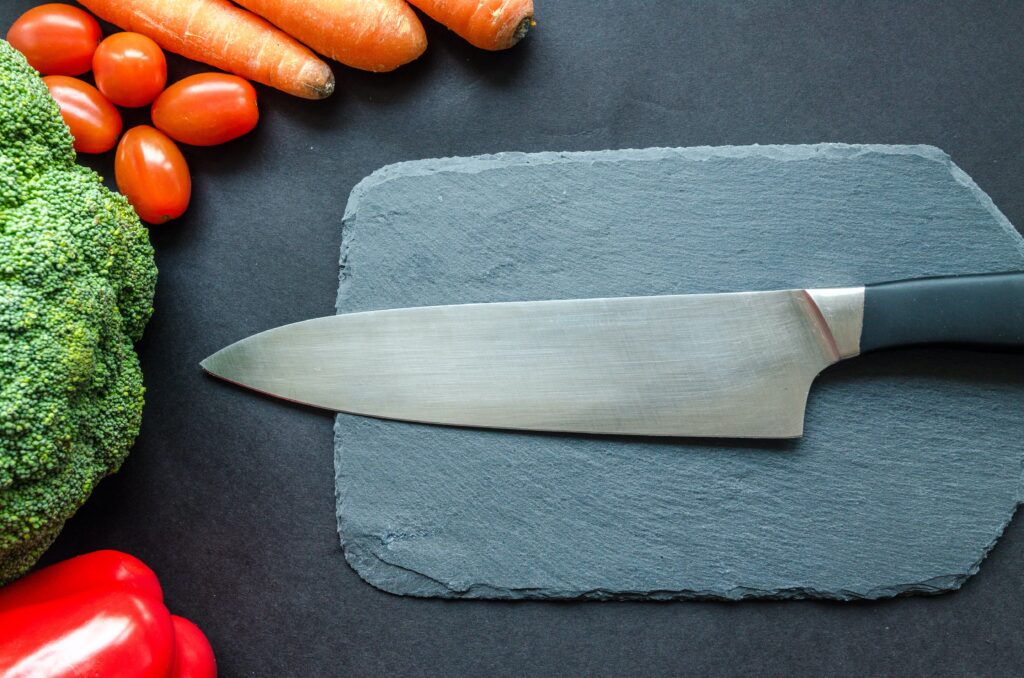
I’ll start off with one of the most dangerous of them all… dull knives. That’s right, a dull knife is more dangerous than a properly sharpened knife. I’ve seen countless people hurt themselves with one because they lose control while cutting something difficult. Besides, the danger, consider the fact that it will take less time to cut with a sharp knife than a dull one.
Working on Infected Surfaces
Many times, we are chopping away on a nice cutting board only to find some of the freshly chopped food falls onto the counter. Knowing the counter is not clean, we must not use that food. If we do, you are now introducing bacteria and viruses into your meal that will have a negative impact on the overall quality of your meal. I know it makes more sense to just do clean up afterwards, but do yourself and your family a favor and take a few seconds to disinfect your work surface before starting any prep. Now, those bits that fall off the cutting board are not contaminated.
Using the Wrong Utensil
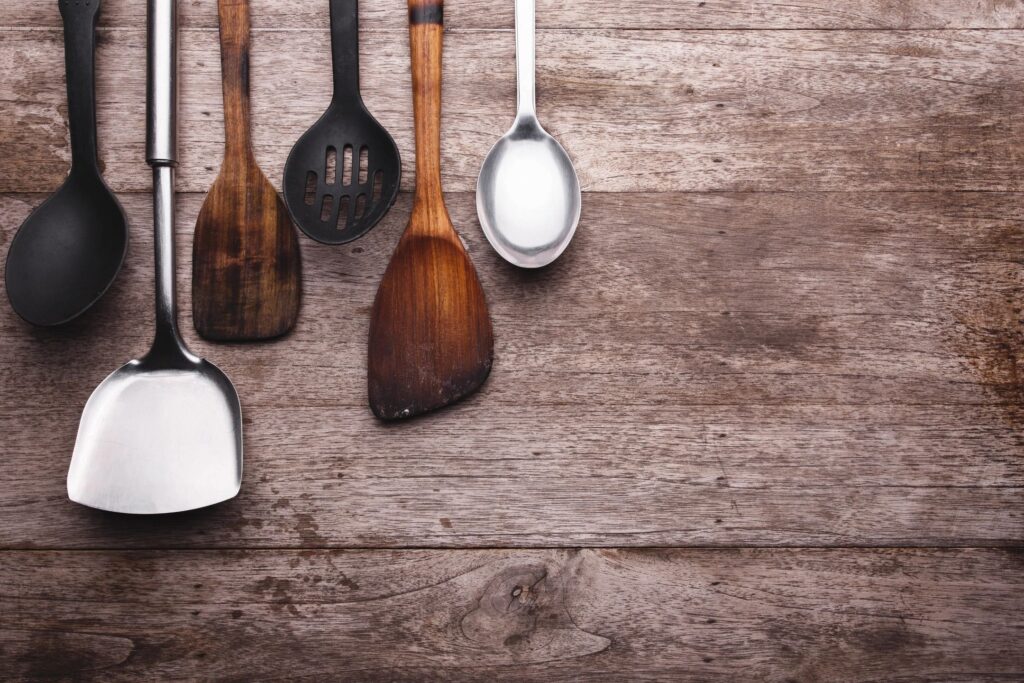
Why is food sticking to your non-stick pan? Well, you see those scratches on the bottom? Those are caused by the metal utensils you used to stir up your meal. Instead, opt for a rubber spatula or a wooden soon. These are made so that your non-stick pan stays a non-stick pan. Get the right utensils and you won’t have to buy a more expensive pan.
Not Cleaning as You Go
Something we preach in professional kitchens is “clean as you go.” In restaurants, there are multiple people working side by side to get food out to the customers in a timely manner. We recognize that messes happen, but we must respect our workspace and those around us by cleaning up our own mess. The same applies to home cooking. Whether you are cooking by yourself or with someone else, make sure you do your best to work clean and organized. Wipe down work surfaces, clean up spills, throw trash in the trash can, and put up unused ingredients. Doing so, will pay off in the long run. Especially when it comes to dishes time.
Not Prepping Ahead of Time
In restaurants, cooks can send food out to a packed house in a timely manner because they prep ahead of time. All that’s left to do when someone orders is to put the ingredients together and season of course. I see several home cooks try to start cooking before all prep has been done. You are only causing more stress and more work for yourself. When one is learning how to cook, it is crucial that you take the time to prep first and then cook. Wash, chop, measure, slice, grate, etc. first, and then arrange the ingredients in order on your worksurface. That way you can put more focus on the cooking steps, you won’t burn anything, you won’t forget anything, and you will have fun!
Overcooking Meats
The highest paid cook is always the one cooking meats for a reason. This is the hardest thing to master. There is nothing worse than a dry, tough piece of meat. A method used is gently poking the meat on one side to check doneness. This is difficult to master, so I suggest you invest in a meat thermometer. Learn what temp different meats should be cooked to and then you’ll get tender, juicy cuts of meat.
Overcooking Vegetables
Equally as sad as overcooked meat is overcooked veggies that are limp and soft. Also, overcooking veggies depletes them from all the nutrients you’re hoping to get out of them. Learn when to stop the cooking process with veggies, and you’ll get bright, crunchy, nutrient-rich veggies.
Not Letting Meats Rest
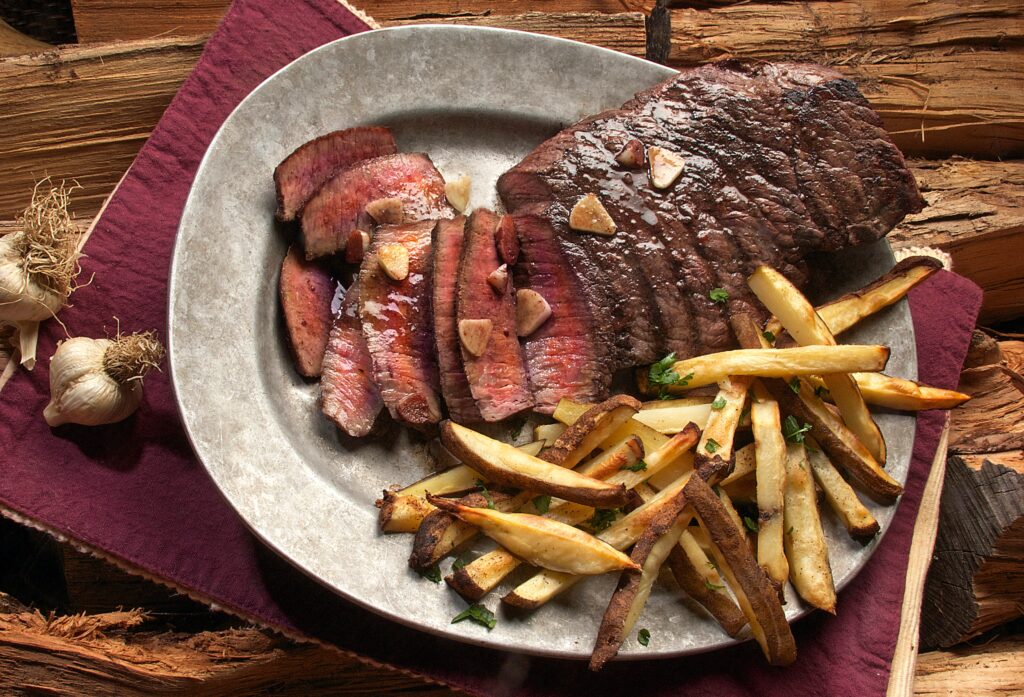
Almost every recipe I’ve seen calls for letting the meat rest after cooking. This is for a reason. Cutting into a piece of meat prematurely will cause all the juices inside to shoot out. The result is dry meat. Always always always let the meat rest. If the recipe gives you a time, follow that. A good rule of thumb is rest for half the cooking time. The bigger the piece of meat, the longer it will need.
Using Dry Herbs
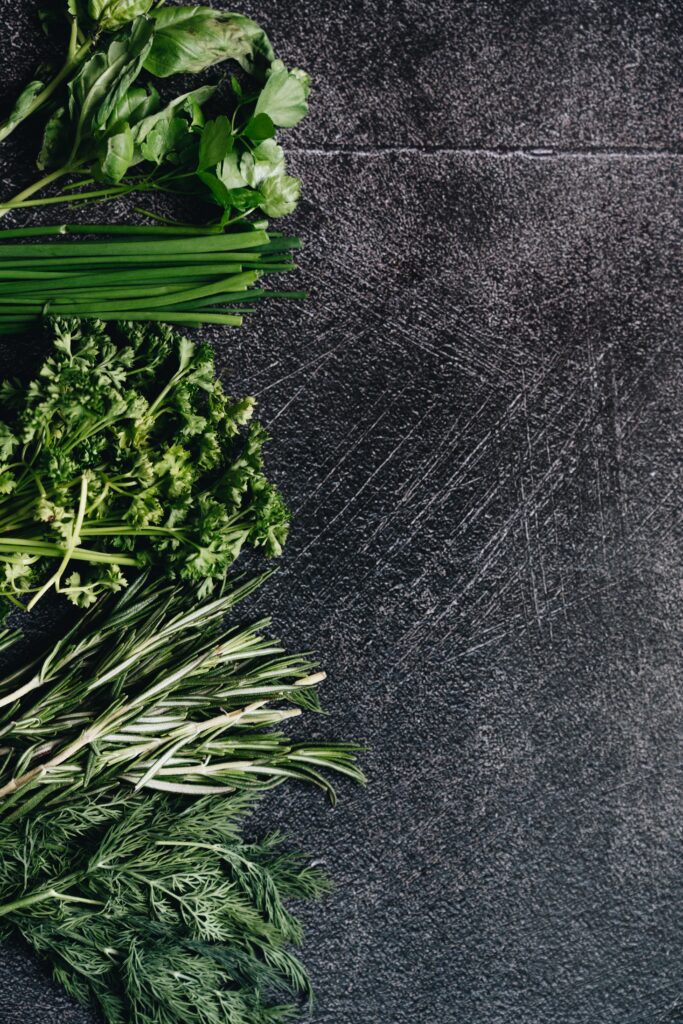
Dry herbs are cheap and convenient, however, using their fresh counterpart can completely transform a dish. Over time, herbs lose flavor and fall short in effectiveness. Try using freshly chopped herbs more often. You are sure to notice more depth in flavors and your family asking for more!
Cooking Meats Cold
When you cook foods right from the fridge, you will get food that is not cooked evenly throughout. Allow at least 30 minutes to 1 hour for your protein to sit in room temperature. This will allow the protein to cook faster and more even throughout, so the outside doesn’t get overcooked.
Rushing Through the Process
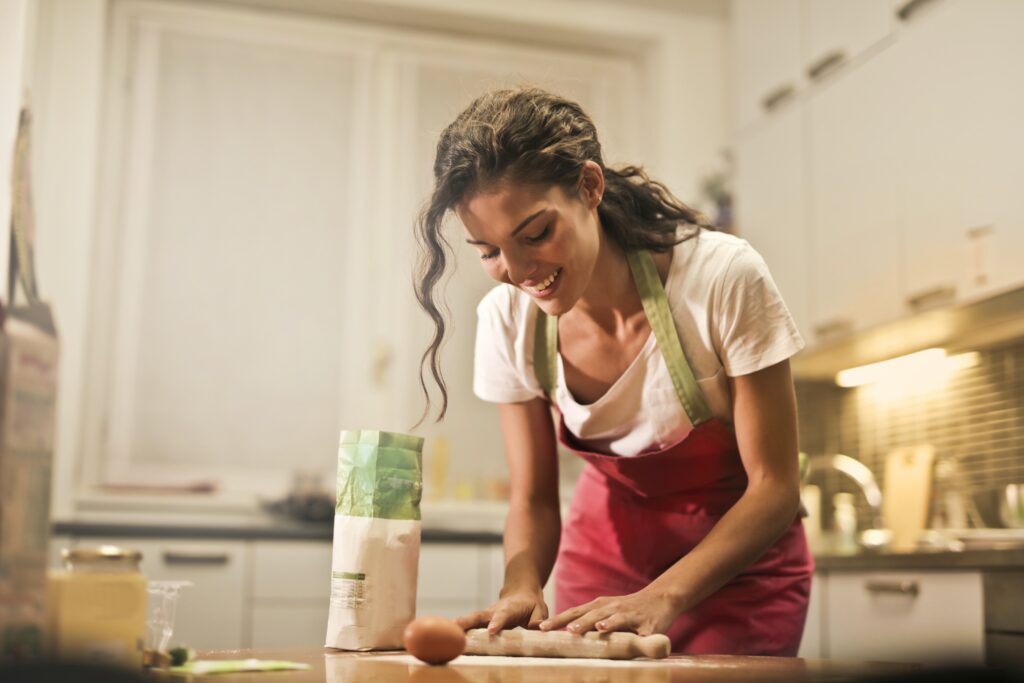
Life is busy in the 21st century. We all know that. Cooking is a fantastic way to take a step away from all that and just focus on the food. It’s therapeutic almost. Allow yourself the time for prepping and cooking every day. Look at your recipes ahead of time so you know what time you should begin and when you should be sitting down. When it’s time to begin put some music on, pour yourself a drink, and enjoy the moment. It will pay off once it’s time to dig in. If you cooked it while dancing, chances are it will be delicious!